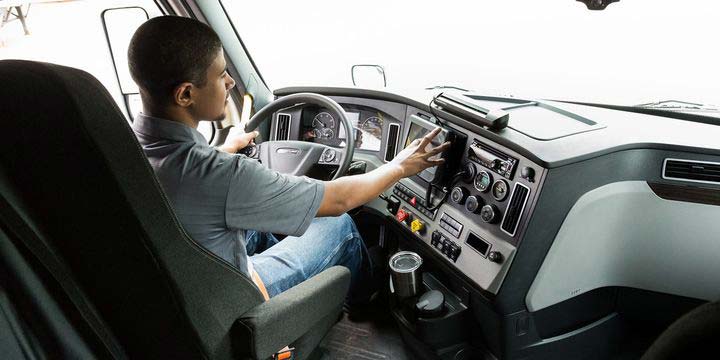
The driver shortage was at the top of an American Transportation Research Institute survey list of concerns. The American Trucking Association estimates this shortage will reach 80,000 truck drivers this year, possibly as high as 160,000 in the next ten years.
The pandemic has caused problems by closing driving schools and pushing drivers toward early retirement. However, this just accelerated underlying trends driving the driver shortage. Problems finding drivers stretch back at least 20 years. Deborah Lockridge, writer for “Heavy Duty Trucking,” thinks the main problem is pay. Over-the-road trucking is challenging to work, and it’s hard to justify with the limited compensation. “The Great Resignation” hit the trucking market particularly hard. The pandemic gave drivers a chance to evaluate their jobs and careers. It wasn’t hard for an overworked truck driver to decide it was time to change jobs in this position.
Often, a truck driver who gets pay raises will decrease their hours to get a better work/life balance. During an ATA panel discussion, Pilot Flying J CEO Shameek Konar said after increased wages by 20%, and the company saw their drivers opt out of extra hours. Even then, these drivers are still working 50-60 hours a week. Konar says the company needs to make the job more accessible and more in demand to meet its staffing needs.
In another panel, Trimac Transportation terminal manager Lina Dejongh said a key problem causing the driver shortage is how drivers are compensated. While they’re paid for driving, they usually aren’t paid when they’re waiting to pick up or drop offloads. Meanwhile, labor shortages at truck stops mean drivers aren’t always able to shower or eat at a restaurant at the end of the day. Add in long working days, unpredictable pay, and a lack of paid time off and time with family, and it’s hard to retain any truck driver, no matter the income. When most companies act like drivers are disposable, it’s hard to stick to trucking as a career. President and CEO of Trailer Amber Edmonson agree. She said the problem isn’t that people no longer want to work. They don’t want to work in these poor conditions.
